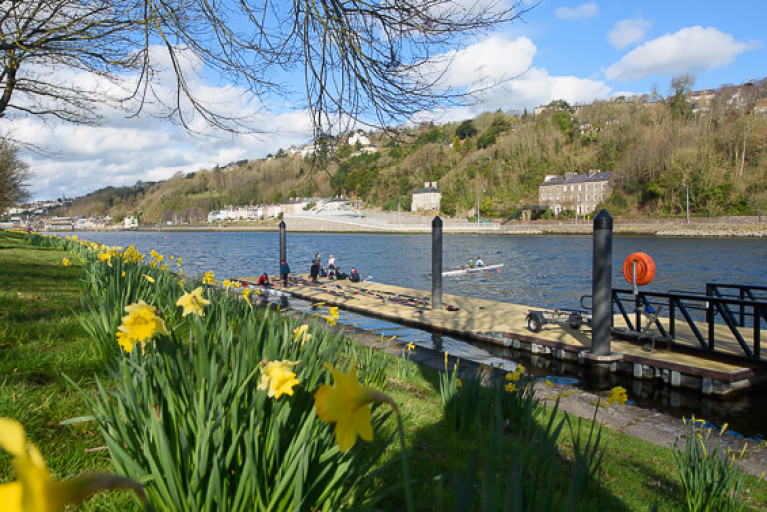Displaying items by tag: Adverse Weather
Cork Head of the River Rowing Postponed until March 7th
The Cork head of the river rowing event due to be held this Saturday at the Marina in the city has been postponed. The committee decided on this course of action because of the bad weather forecast for this weekend.
“Due to the adverse weather forecast for this weekend, and after getting approval from the Domestic Events committee in RI, Cork City Regatta Committee have decided to postpone Cork Head to the following weekend, Saturday March 7th, in the interests of safety. Under Rowing Ireland rules, the draw remains in place as is," the organisers said in an email to clubs.
Adverse Weather Forces LÉ Eithne to Open to Visitors in Dublin Port And Not Dun Laoghaire Harbour Today - Saturday 27 October
#NavalService - Due to adverse weather conditions Naval Service flagship LÉ Eithne will now be open to the public today in Dublin Port at Sir John Rogersons Quay, and not Dun Laoghaire Harbour as previously advertised.
The crew of LÉ Eithne will continue to provide guided public tours this morning and in the afternoon between 2–4 pm.
LÉ Eithne was built in Verolme Cork Dockyard in 1984 and is designated as a helicopter patrol vessel (HPV), though the use of the ship's design for French built 'Dauphine' helicopters were rarely used and took place early in the career of the 1,900 tonnes flagship.
The tour will include the large aft-deck where the helicopters landed and took-off next to the aircraft hanger. At the bow is mounted the main arnament, a Bofors 57mm canon.
In recent years, LÉ Eithne was deployed to the Mediterranean Sea under Operation Sophia tasked in the rescue mission of migrants off north Africa.
A fleemate offshore patrol vessel (OPV) LÉ James Joyce which was in the region to disrupt people trafficking returned home this morning to Haulbowline Naval base in Cork Harbour to be welcomed by loved ones of the crew.
The vessel has been serving since it was deployed in July.
























































